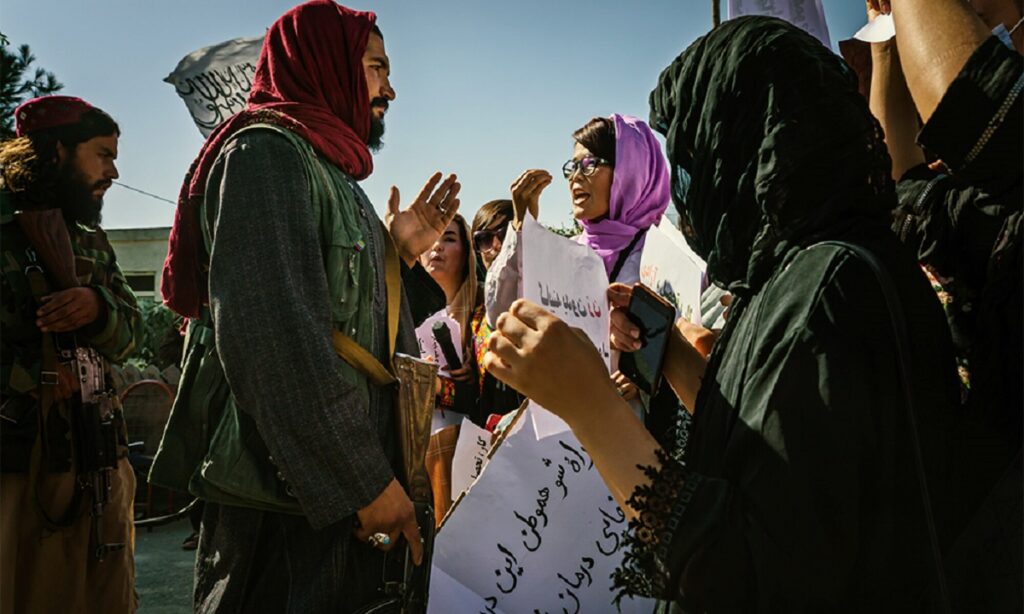Following the UN special rapporteur’s report on Afghanistan, citizens from various parts of the country criticized the worsening human rights conditions under Taliban rule, particularly the restrictions on women and girls.
The criticism follows a report by Richard Bennett, the U.N. special rapporteur for Afghanistan, highlighting the dire human rights situation. Bennett presented his findings on Thursday, emphasizing that normalization of the current state without significant progress, including gender equality, should be resisted. “The human rights of the Afghan people are as paramount as those in any other country, and they must not be forsaken,” he stated.
Participants at the presentation echoed concerns about the degradation of human rights since the Taliban’s return to power. Bennett also called on members of the U.N. Declaration on the Elimination of Violence Against Women to pursue cases of human rights violations in Afghanistan at the International Criminal Court (ICC).
Nasir Ahmad Andisha, Afghanistan’s permanent envoy to the U.N. in Geneva, urged the international community not to overlook the Taliban’s breaches of international laws and human rights.
Human rights activists, including Fawzia Wahdat and Marriam Marouf Arwin, supported Bennett’s advocacy for ICC prosecution of Taliban human rights abuses. “The international community must take decisive action against these violations,” said Wahdat. “Silence and inaction contribute to the suffering of Afghan women and girls,” Arwin added.
The imposition of severe restrictions on women and girls has been a particularly contentious issue. Following their return to power, the Taliban barred girls from attending secondary schools and universities. “The future for our daughters looks bleak,” said Mursal, a Kabul resident. “We’re witnessing a systematic erasure of women from public life,” added Laila, also from Kabul.
However, Taliban spokesman Zabiullah Mujahid dismissed the report as propaganda. He claimed that all Afghans enjoy “physical, financial, and mental security” under their rule.





